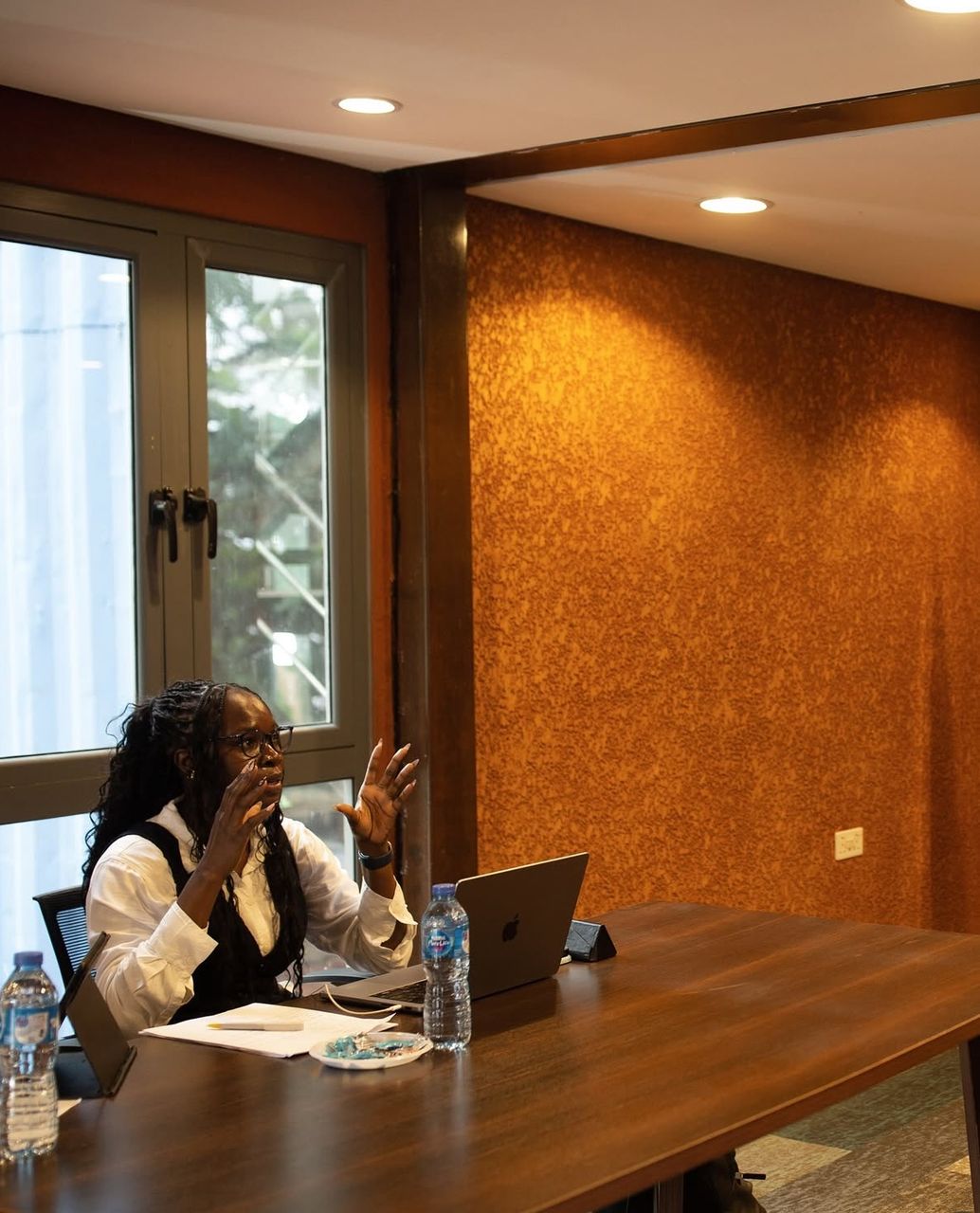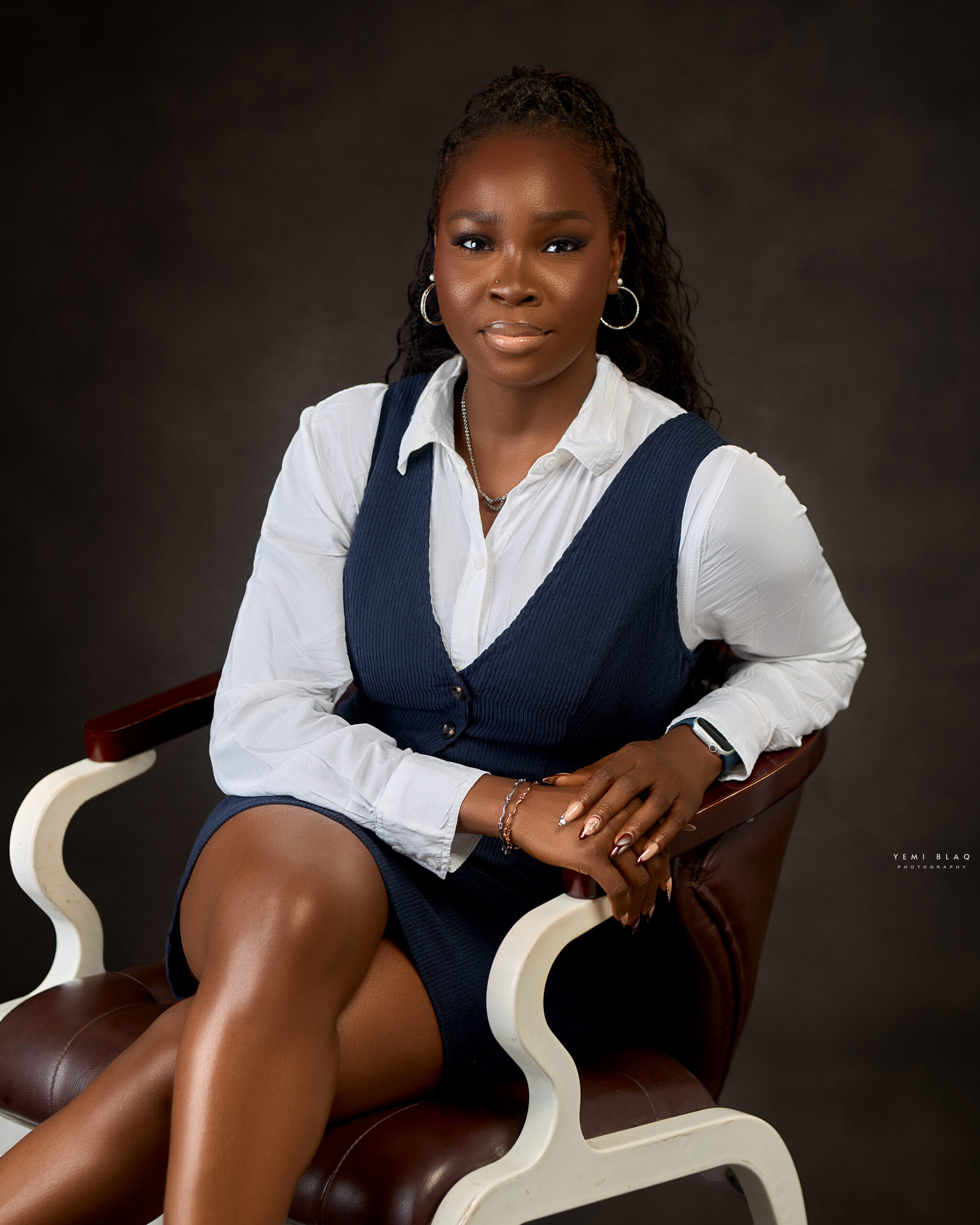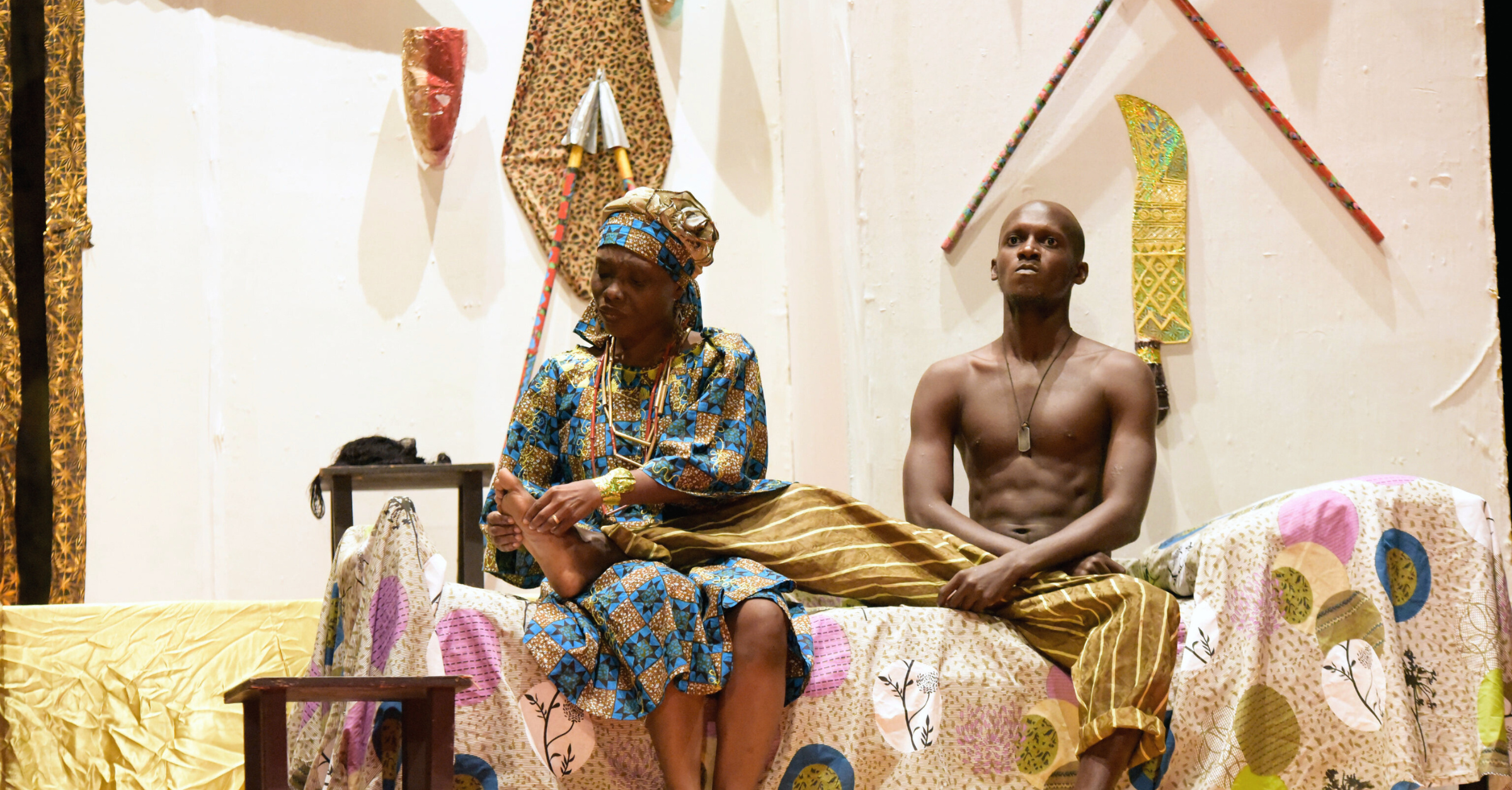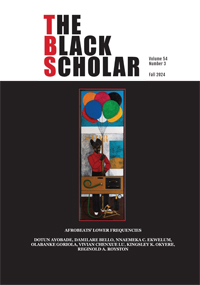Research
My research explores the intersections of colorism, media representation, identity politics, and performance, with a particular focus on how dark-skinned Nigerian women navigate, negotiate, and resist Eurocentric beauty standards. I examine how cultural belonging is shaped and contested through dance, storytelling, and aesthetic choices—revealing the political, historical, and social tensions embedded in everyday acts of self-representation. Through performance analysis, archival inquiry, and cultural critique, I explore how bodies become powerful and contested sites of belonging, aspiration, and resistance. As a PhD candidate in Performance Studies at Northwestern University, I take an interdisciplinary approach that draws on African feminist thought, cultural studies, dance ethnography, and media analysis. My work engages both theoretical inquiry and embodied knowledge—using storytelling, performance, and visual culture to unpack how global beauty hierarchies operate and how they are resisted.
Olabanke’s work spans over 150 pages, offering a comprehensive analysis of the intersection between race and performance.
She has published 20 articles that contribute to the discourse on race, identity, and representation in the arts.
Olabanke has delivered 10 presentations at various conferences, sharing her insights on performance studies and cultural representation.


Current Project
Working Title: Lightening/Toning/Depigmentation: Dark-skinned Nigerian Female Performer and the Racial Aesthetics of Beauty
This dissertation explores how dark-skinned Nigerian female performers navigate and resist aesthetic norms shaped by colonial legacies, global white supremacy, and local beauty expectations. With Nigeria identified by the World Health Organization as having the highest rate of skin-bleaching product use among women (77%), the project interrogates how the cosmetic practice of skin lightening emerges as a response to structural colorism—what Alice Walker defines as “prejudicial and preferential treatment of same-race people based solely on their skin color.”
Rooted in performance studies and African feminist theory, the research examines how skin tone, dance, and visual representation intersect in the construction—and disruption—of desirability, identity, and belonging. It analyzes the implicit and explicit sacrifices dark-skinned female performers (DFPs) make to attain cultural and industry acceptance, and how social media platforms contribute to both the perpetuation and critique of colorism.
Drawing on interviews, performance observation, archival inquiry, and cultural critique, the project highlights how DFPs use anti-respectability performances to challenge dominant beauty ideals and reimagine spaces of agency. Ultimately, this work positions performance as both a survival strategy and a powerful site of resistance in the ongoing negotiation of racialized aesthetics.
Selected Publications and Presentations

An African Feminist Reading of Wole Soyinka
